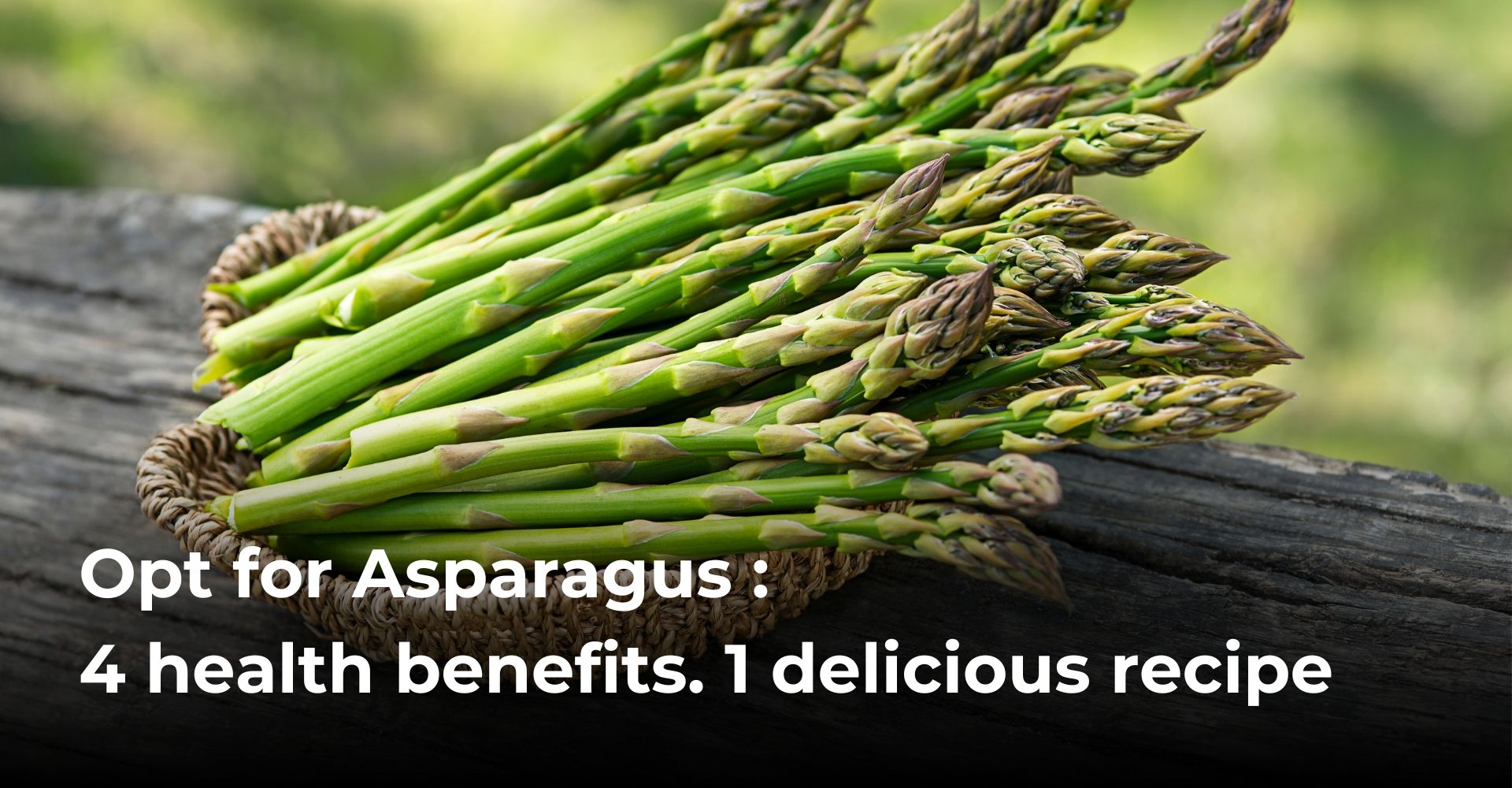
For a better and faster shopping experience, download app
Unkown

A powerhouse of nutrients, asparagus is a slow-growing vegetable originally found along the seashores and riverbanks of Western Europe and Asia.
Fun fact: Asparagus can spend as many as three years inside the ground. If you observe closely, you can watch it grow. When it’s warm outside, the plant grows up to 7 inches in a single day!
The asparagus plant has been finding its way into the Indian diet with the native variant asparagus racemosus — and soon, it’ll be in your kitchen too. How do you begin?
The Pluckk recommendation: cook up an Asparagus Poriyal!
A flavorsome South-Indian style mix, the Asparagus Poriyal uses freshly cut and cleaned asparagus blended with a variety of spices. Sauteé chopped onion with coconut oil and spices, add half a kg of asparagus, and top it off with a few tablespoons of grated coconut and coriander.
500g fresh asparagus
1-2 onions (finely chopped)
1 tablespoon coconut oil
3 cloves garlic (finely chopped)
½ teaspoon garam masala
1 teaspoon dry mango powder (amchur)
¼ teaspoon ground turmeric (optional)
1 teaspoon cumin seed
⅛ tablespoon asafoetida (hing)
½ teaspoon mustard seeds
½ teaspoon urad dal
2 dry red chillies
1 green chilli (optional)
4-5 curry leaves (kadhi patta)
2-3 tablespoons fresh coconut
2 tablespoons coriander finely chopped
4 Good Reasons to Enjoy Your Asparagus Poriyal
Nourishes the Body and Brain
The asparagus racemosus is known for its antioxidant and protein content. Its immunomodulatory and anti-inflammatory properties support the immune system and help your body perform optimally. The secondary herb Shatavari has long been used in Ayurvedic medicine to regulate the hormone system, keep stress levels in check, and boost gut health.
Detox and Diets
Given the comprehensive benefits of asparagus, you may wonder whether asparagus does detox your body — and it can. The soluble fibers in asparagus help the gut, keeping the system cleaner and waste at bay. It's also great on diets because the fibers offer satiety keeping you full for longer with few calories. When paired with healthy dietary choices, this can help you lose weight in the long run.
Keeps You Hydrated
Living in India, we get used to the heat — often forgetting its effects. Extreme heat, or prolonged exposure, can cause electrolytes to drop causing dehydration and fatigue. Eating asparagus often can help counter that. Made almost entirely of water, asparagus restores electrolytes and keeps your body cool while Shatavari helps your body use this water well.
Pairs Well with Indian Cooking
The Indian asparagus racemosus imparts a more traditional flavor that pairs well with our dishes. Other than the Poriyal mentioned above, you can use it in sabzis, pulaos, and curries. Plus, asparagus can also be eaten raw. You can add it to raitas or make a quick side dish with red chili and mustard seeds tadka.
Considering the versatility of the asparagus plant, we’re sure you will soon be stocking up on it. Try this recipe at home and keep an eye out for more content on Pluckk Reads.









